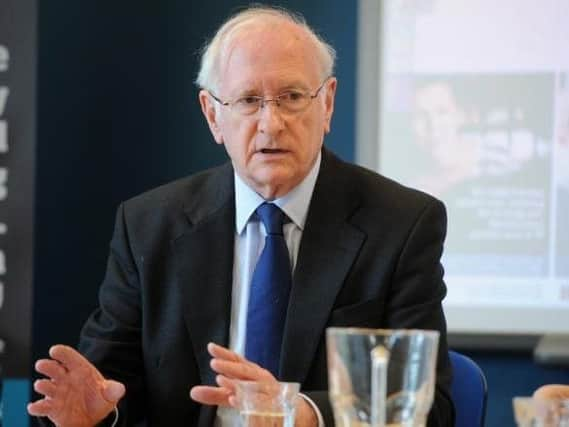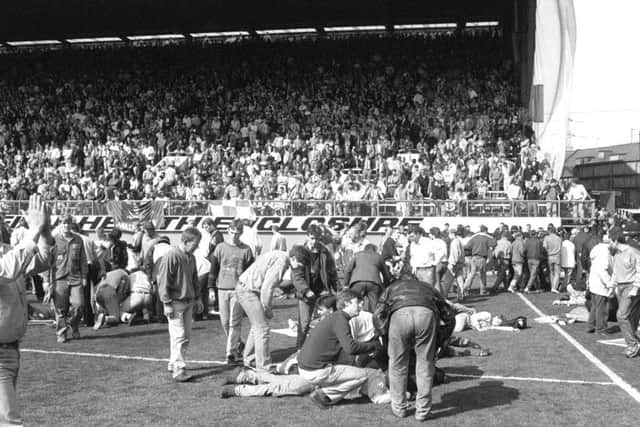How South Yorkshire Police tried to manipulate Hillsborough inquests coverage - by £50,000-a-year '˜spin doctor'


Dr Alan Billings told the BBC: “If there’s truth in this, that is shocking and we have to deal with it.”
Hayley Court, who was headhunted to work as a £50,000-a-year specialist press officer for the Hillsborough inquests, says she was asked to emphasise elements of evidence that were positive for the police. She told The Guardian this included poor behaviour by Liverpool fans at the 1989 stadium disaster.
Advertisement
Hide AdAdvertisement
Hide AdA second inquest that concluded last month found that the 96 fans who died were unlawfully killed and that blunders by the police and ambulance service on the day “caused or contributed to” the disaster.


Ms Court, 30, claims that from her first day at the force she was expected to be a “spin doctor”.
She had intended to write objective daily reports and prepare for the conclusion but felt that her instructions on how to guide the media were “unethical”.
Ms Court said she was told: “Your job is to round up the media at the end of the day and tell them: ‘This is the line’.”
Advertisement
Hide AdAdvertisement
Hide AdThe “line” was to emphasise evidence that portrayed South Yorkshire Police in a positive light or suggested that supporters misbehaved, she claimed.


She added: “I took that as being told my job was to tell the media what they would be reporting, which isn’t ethical or even possible to do.”
Ms Court said that as the force had already made a full apology in 2012, it should not have tried to pass the blame on to others or influence the media.
The former journalist was later signed off sick with depression and in a performance review in November 2014, Carrie Goodwin, the South Yorkshire Police head of communications, said: “Hayley disclosed that she felt she had been asked to act in an unethical manner in that she should coerce the media.”
Advertisement
Hide AdAdvertisement
Hide AdBut she said Ms Court had been asked to encourage the media to report on both the positive and negative from the inquests.
In a statement given to the BBC, South Yorkshire Police said it was aware of Ms Court’s concerns and would welcome the chance to talk them through.
It added: “Some of the issues raised have been considered before through the force’s grievance procedure. Specifically in relation to the concerns raised about suggested unethical practices, but these were not substantiated at the time.
“However it is clear that the staff member remains concerned about her experiences and following the outcome of the Hillsborough inquests, and we would like to talk to her and give these matters further consideration.”
Advertisement
Hide AdAdvertisement
Hide AdSian Jones, National Uunion of Journalists’ vice-president and representative of the PR and communications sector on the union’s national executive, said: “We commend Hayley for speaking out against this approach.
“The NUJ has an ethical code of conduct for PR members which protects them in exactly such cases. Media workers should never feel under undue pressure to push a line they feel uncomfortable with and if their employer insists the union is here to represent them.”